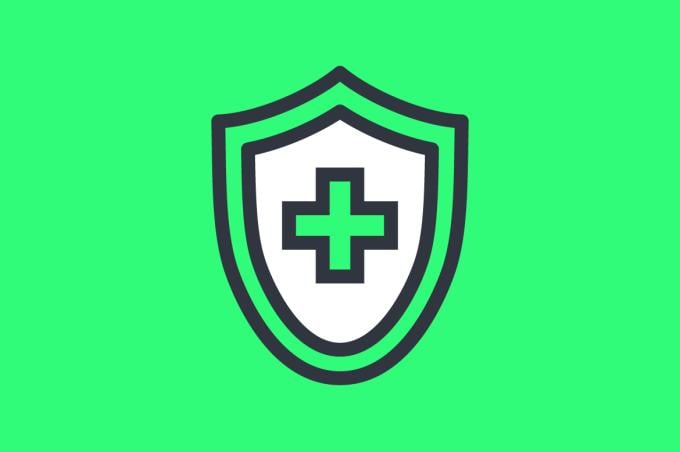Integrating behavioral and mental health care
Many medical conditions are greatly affected by patients' mental health and behavioral choices. Physician-led care teams often must help address mental health disorders such as depression, anxiety and substance abuse, alongside a patient’s physical health needs. By bringing medical and behavioral health services together within primary and other specialty care settings, the integrated care team is better able to meet both the mental and physical health needs of the patient.
That’s why the American Medical Association (AMA) continues to provide physician practices with tools and practical solutions to integrate these two crucial areas of care into one.
BHI Collaborative
In 2020, the AMA and seven leading medical associations established the Behavioral Health Integration (BHI) Collaborative, a group dedicated to catalyzing effective and sustainable integration of behavioral and mental health care into physician practices. Initially focused on primary care, the Collaborative has since expanded to include a selection of non-primary care specialties who provide longitudinal care to patients with chronic illnesses significantly impacted by a co-morbid mental health condition.
BHI resources for physician practices
The BHI Collaborative has developed a Compendium that serves as a tool to learn about integrating behavioral health care, which includes mental health and substance use disorders, and how to make it effective for your practice and patients. It will provide a helpful framework to help guide your practice through the initial steps and considerations of delivering integrated behavioral care.
The BHI Collaborative also hosts webinars on the AMA STEPS Forward® Innovation Academy on a wide range of topics, providing physicians and their care teams with actionable, real-world solutions they can implement in practice today.
The AMA has also created complementary behavioral health how-to guides to provide physician practices and health systems with actionable, evidence-based strategies in key areas of needed support: pharmacological treatment, substance use disorder, suicide prevention, workflow design, billing and coding and BHI for older adults.
In an effort to advance the adoption of behavioral health integration, the AMA, in collaboration with Manatt Health, developed a report articulating the opportunities and challenges of incorporating virtual care (telehealth) and other digital tools to accelerate the adoption of behavioral health integration with suggested actions for various stakeholder groups.
Share your story
AMA welcomes shared stories about implementing behavioral health integration in your practice and asks for input on content you would like to see from the BHI Collaborative. Please email us at [email protected].
988 Suicide & Crisis Lifeline
With an increased number of people reporting worsening mental health in recent years, it is imperative that people are aware of the 988 Suicide & Crisis Lifeline (formerly known as the National Suicide Prevention Lifeline) telephone program.
People experiencing a suicidal, substance use, and/or mental health crisis, or any other kind of emotional distress can call, chat or text 988, and speak to trained crisis counselors. The national hotline is available 24 hours a day, 7 days a week.
The previous National Suicide Prevention Lifeline phone number (1-800-273-8255) will continue to be operational and route calls to 988 indefinitely.




